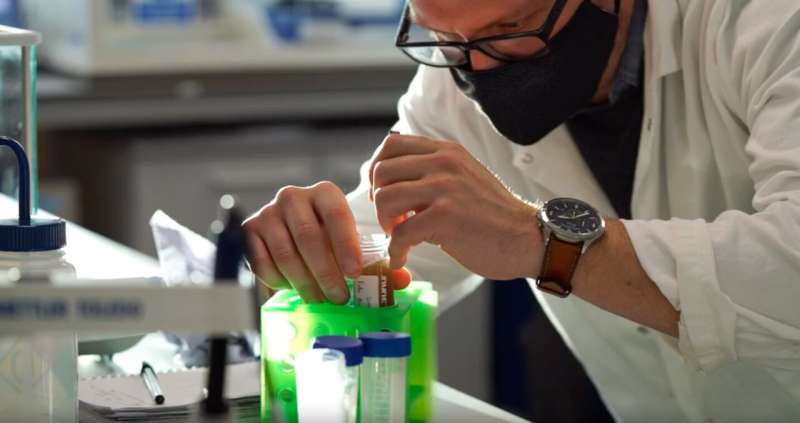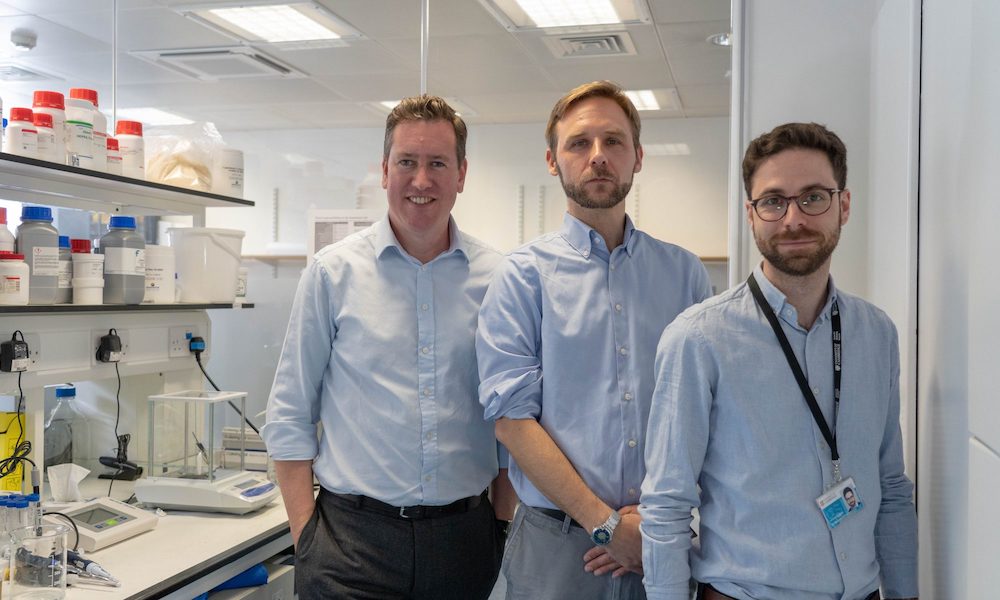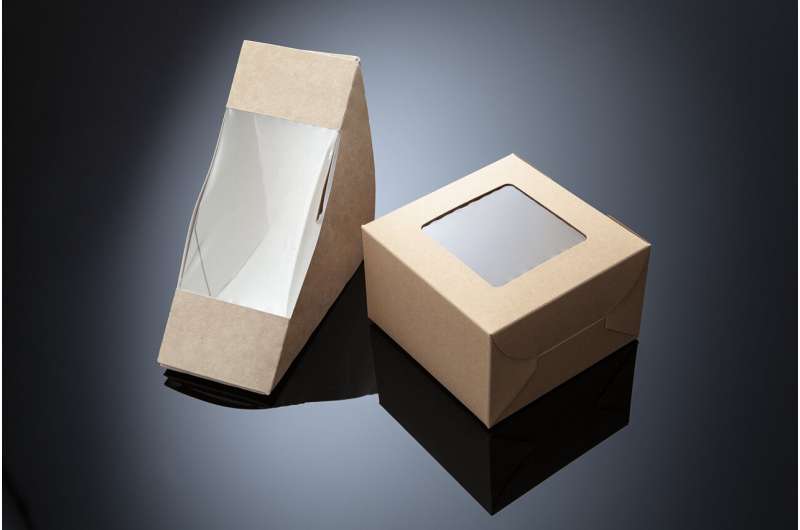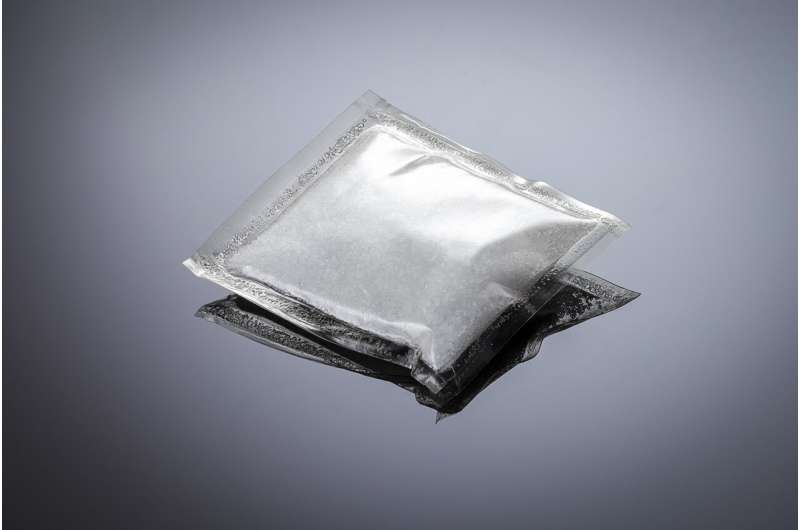Researchers at the University of Cambridge have created a polymer film that mimics the properties of spider web, one of nature's strongest materials.
The new material is as strong as many common plastics in use today, and could replace plastic in many common household products. The material was created using a new approach for assembling plant proteins into materials that mimic spider web at the molecular level.
A “green” film

The energy-efficient method, which uses sustainable ingredients, results in a plastic-like film that can be made on an industrial scale. The polymer can also be colored to make water-resistant coatings.
The material it is compostable at home, unlike other types of bioplastics. And finally, the material developed by Cambridge requires no chemical modifications to its natural building blocks. “Vegan” spider web degrades unaided, safely, in all natural environments.
The new product will be marketed by Example, a spin-out company from Cambridge University. The company will introduce a range of single-use sachets and capsules later this year. They can replace the plastic used in everyday products such as dishwasher tablets and laundry detergent capsules. The results are reported in the journal Nature Communications. .
The secret of THIS spider's web? Vegetable proteins
For many years, Professor Tuomas Knowles of Cambridge's Yusuf Hamied chemistry department has been researching the behavior of proteins. Much of his research has focused on what happens when proteins "misbehave" and cause disease such as Alzheimer's disease.

“We normally study how functional interactions of proteins allow us to stay healthy and how irregular interactions are implicated in Alzheimer's,” says Knowles, who led the research on the spider's web. “It was a surprise to discover that our study could also address a major sustainability problem: that of plastic pollution.”
As part of their protein research, Knowles and his team became interested in why materials like spider's web are so strong, even though they have such weak molecular bonds. “We found that a key that gives spider web its strength is that the hydrogen bonds are arranged regularly in space and at a very high density,” Knowles said.
Co-author Dr. Marc Rodríguez Garcia, who is now head of research and development at Xampla, began studying how to replicate this regular self-assembly in other proteins. Proteins have a propensity for molecular self-organization and self-assembly, and plant proteins in particular are abundant and can be sustainably sourced as byproducts of the food industry.
“Very little is known about the self-assembly of plant proteins, and it is exciting to know that by filling this knowledge gap we can find alternatives to plastic bags disposable,” he says Ayaka Kamada, the first author of the article.
A spider's web... with soy
The researchers successfully replicated the structures found on the spider's web using soy protein isolate, a by-product of soybean oil production. It is a protein with a completely different composition.
Since all proteins are made up of chains of polypeptides, under the right conditions we can make plant proteins self-assemble just like spider's web. In a spider, the silk protein is dissolved in an aqueous solution, which then assembles into an immensely strong fiber through a spinning process that requires very little energy.
Tuomas KnowlesCambridge University
Other researchers have worked directly with silk materials as a replacement for plastic, but they are still an animal product. In a sense we have arrived at the 'vegan spider's web': the same material, but without the bug and without the spider.

A concentrate of technology
Typically, plant proteins such as soy protein isolate (SPI) are poorly soluble in water. This makes it difficult to control their self-assembly into ordered structures. The new technique uses an environmentally friendly mixture of acetic acid and water, combined with ultrasound and high temperatures, to improve the solubility of SPI. This method produces protein structures with enhanced intermolecular interactions driven by hydrogen bond formation. In a second phase the solvent is then removed.
“Vegan spider web” has equivalent performance to high-performance engineering plastics such as low-density polyethylene.
This is the culmination of something we've been working on for over ten years, which is understanding how nature generates materials from proteins. We didn't set out to solve a sustainability challenge: we were motivated by curiosity about how to create strong materials from weak interactions.
Tuomas KnowlesCambridge University


